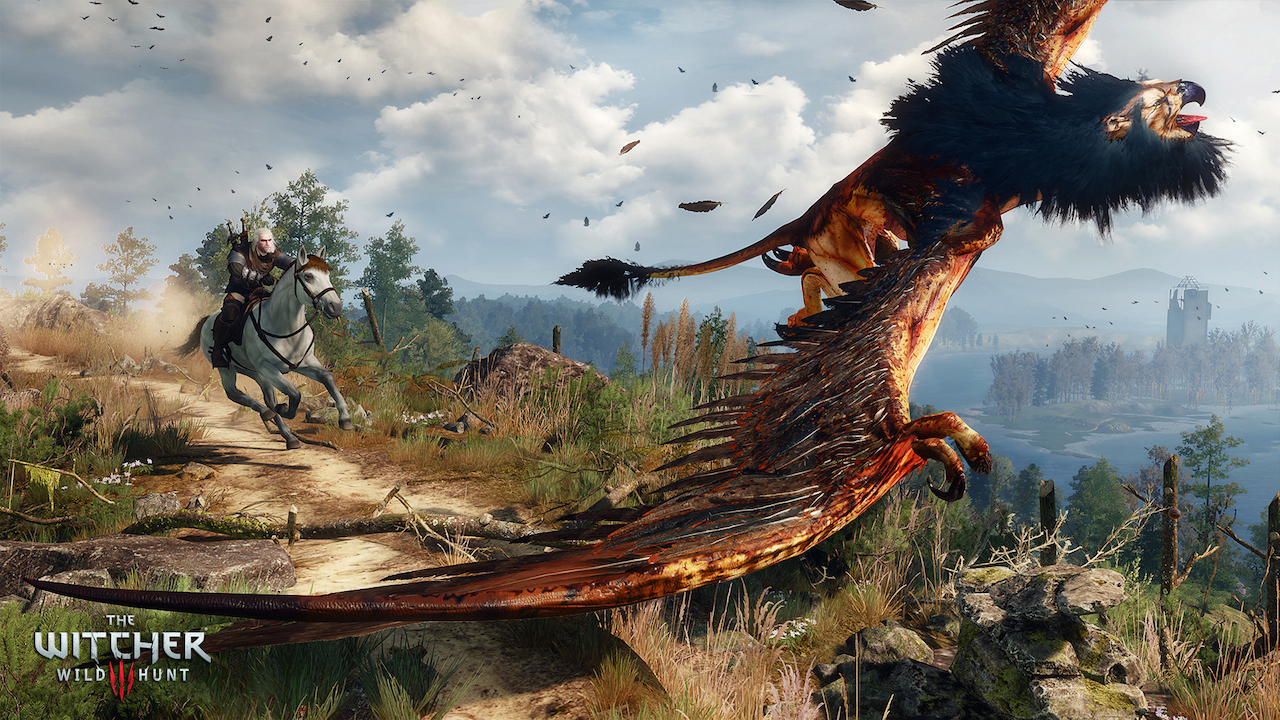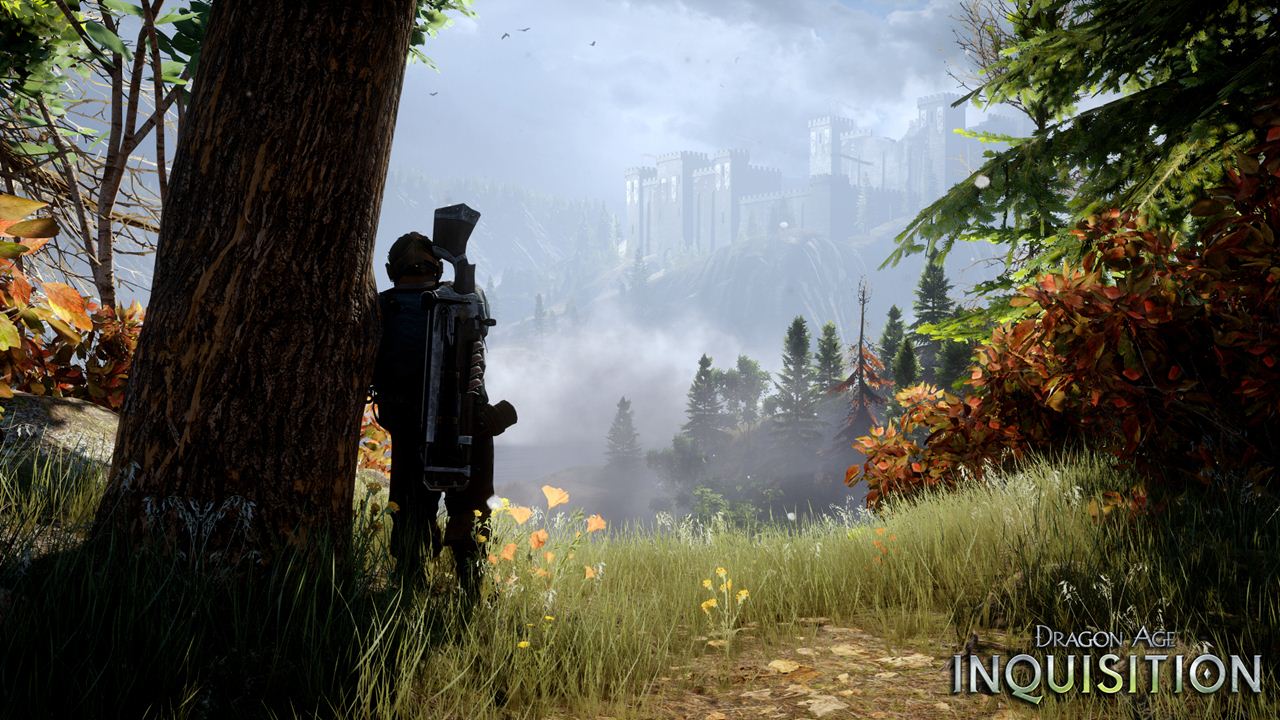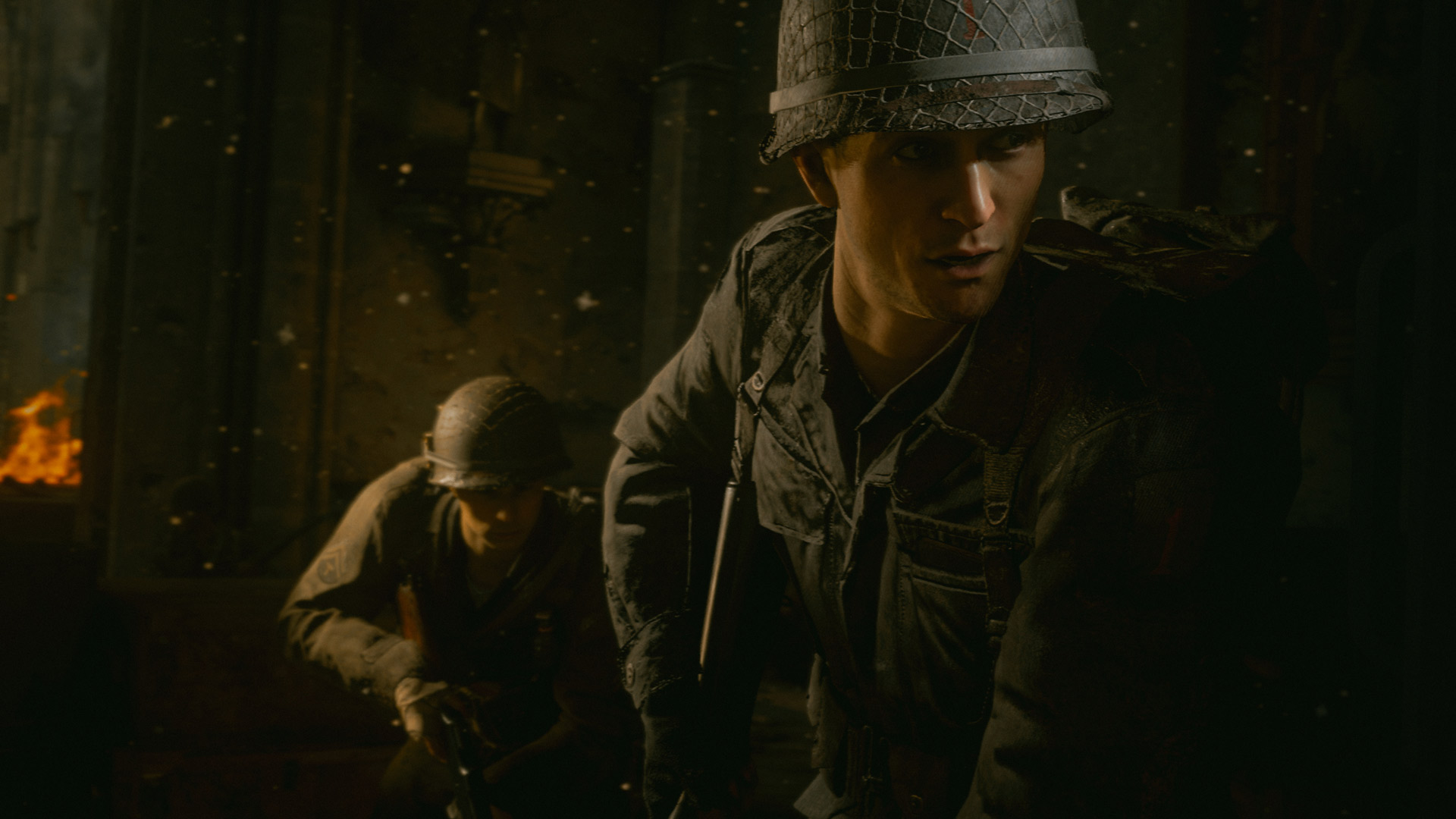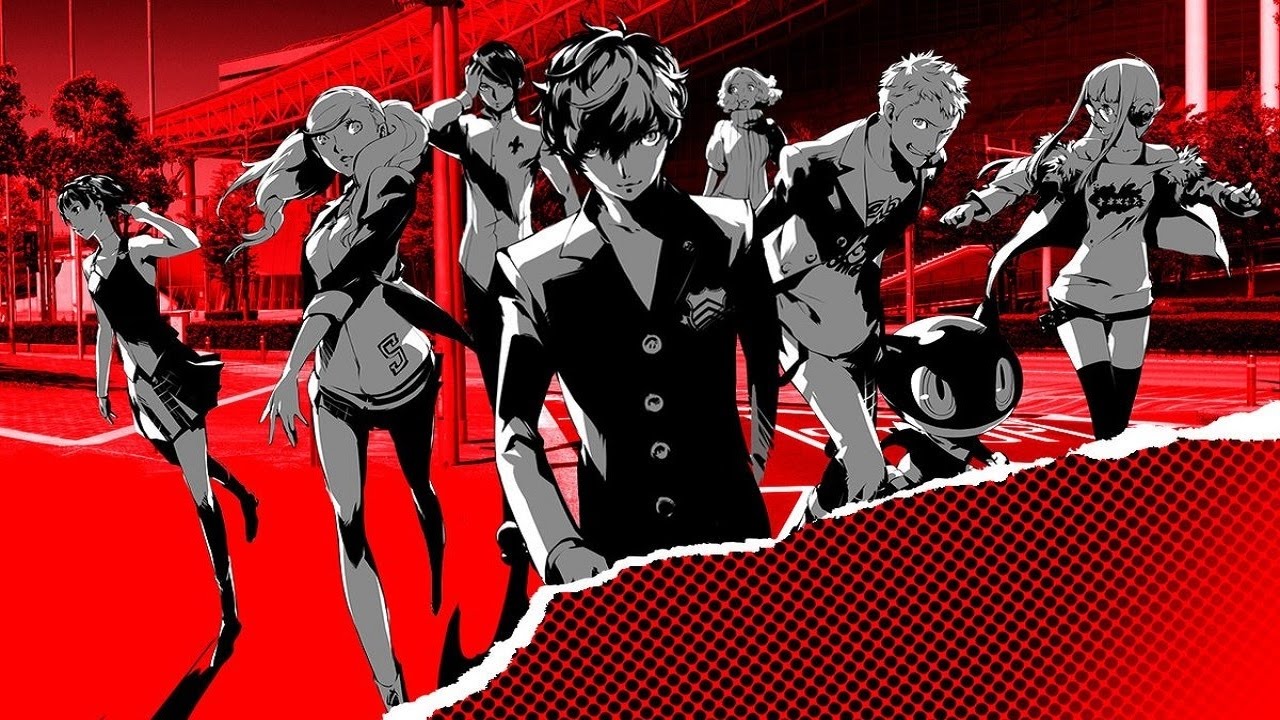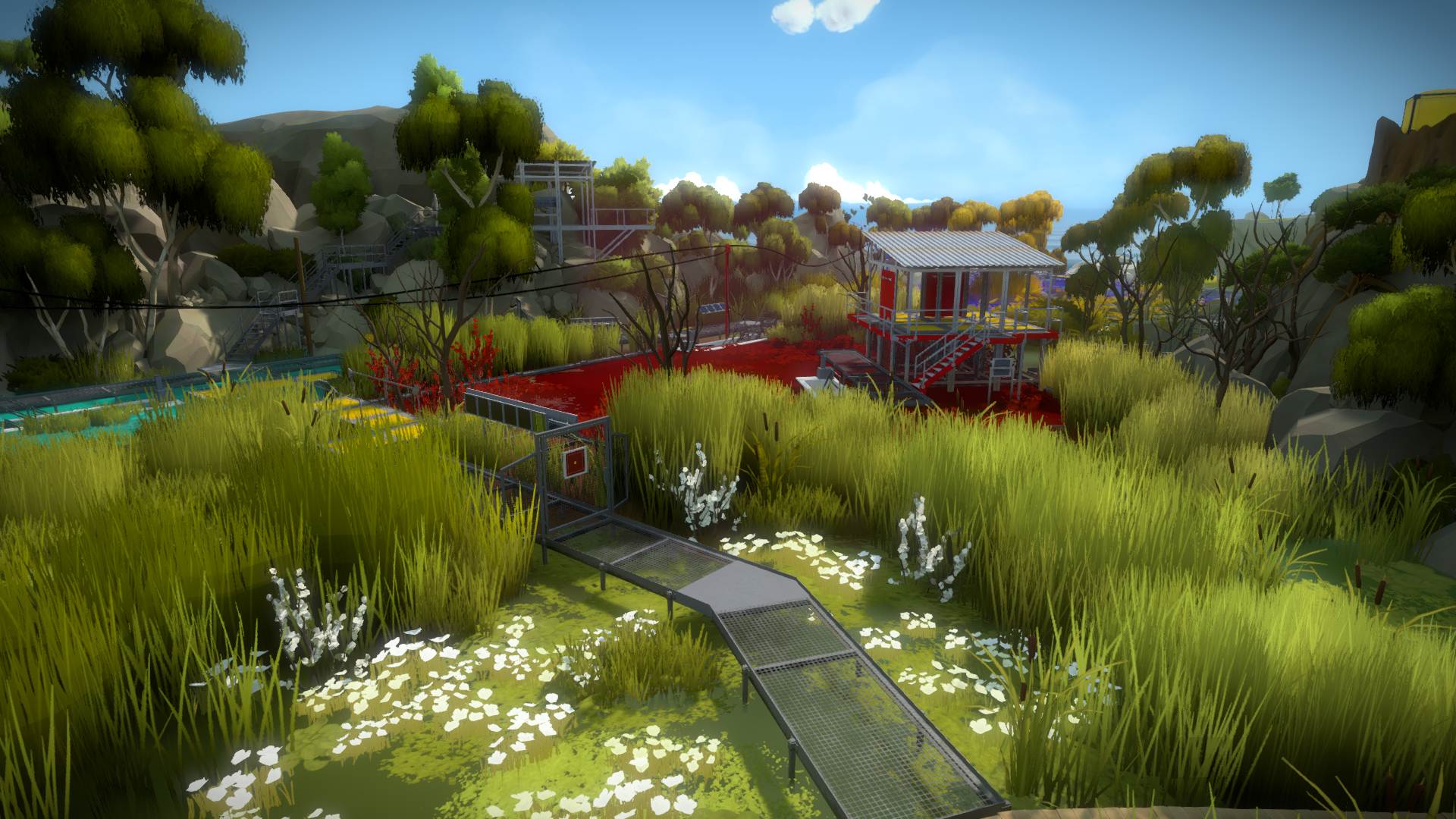
I often like to look back at video games. Over time, the desire to analyse video games as art has been a mixed bag of sorts. I can appreciate the analyses that keep coming up and to see what meaning people derive from a game. Whether it’s in the themes conveyed – both on the surface and internally – or in the aesthetics of a game’s visuals and music, there is art to find in games. Game design as a whole interests me a lot more though. One could say there’s a certain “art” to game design and I’m inclined to agree. It’s a whole roundabout discussion that could go on for a while but somehow, I’m more into the art of building a game as opposed to the art of its themes, characters, story and graphics. For now at least.
"You could argue that it was The Witcher 3’s side quest design which ultimately dictated the development of games like Horizon: Zero Dawn and Assassin’s Creed: Origins."
I like to look back on Roger Ebert’s infamous piece on how video games could never be art. He would later modify that statement, taking into account the possibility that this could happen in the future. However, what really makes a game “art”? What makes it more valuable in the eyes of a consumer, both in terms of length and quality of gameplay?
Let’s take a look at a game like, say, The Witcher 3: Wild Hunt. The story is pretty cool and there are themes of race, politics, gender, love, parenthood and whatnot that come into play at key moments. The story doesn’t exactly have a general ebb and flow – it’s more like “the adventures of Geralt the Witcher as he ekes out a living and dedicates himself to finding Ciri in his spare time”. At some point, the quest to find Ciri becomes his main focus. That’s not a bad way to handle narrative but I can see some people taking issue with it. That being said, what is the one thing we all remember and praise The Witcher 3 for? Is it the size and breadth of its open world? The sheer attention to detail it conveys? The combat? Spoiler: It’s definitely not the combat.
In my mind, though those all play a factor in the game’s success, it’s the side quest design. The side quests are the main dish, peppered throughout this fantastical world and providing a Game of Thrones bent to the proceedings. The side quests have the most interesting tales, from the ghost of the girl who died in a tower to Keira Metz. From the old woman who needs her frying pan back to hunting down a Djinn to break the so-called “curse” on Yennefer and Geralt, the side quests in The Witcher 3 are considered some of the finest in gaming.
They could also be something relatively simple, like running into a gang of bandits led by a Red Riding Hood knock-off (who coincidentally turns into a werewolf) who want to kill one single man. Then there are the treasure hunts, the tales of other Witchers, the various schools, Lambert, the strange entity in the tree, the girl taking fencing lessons and so on and so forth. All of this contributed to making the world of The Witcher 3 feel alive, like there was something around each corner even as NPCs were fairly static, repeating the same lines and staying in the same places for the most part. You could argue that it was The Witcher 3’s side quest design which ultimately dictated the development of games like Horizon: Zero Dawn and Assassin’s Creed: Origins.
"The real point of all this is – since when did length become a determining factor of how good a game is in the first place?"
But of course, we liked it even more because there was more “content” to be had. And this wasn’t like the prior year’s Dragon Age: Inquisition with its fetch quests and collectibles (I’ll get to that in a bit, don’t worry). This was “meaningful” content! Stories and tales! More than anything else, The Witcher 3 and its expansions would be praised for the number of hours of gameplay they could provide. In fact, in Jason Schreier’s book “Blood, Sweat and Pixels”, CD Projekt RED continuously aspired to make The Witcher 3 as “big” as it possibly could, delivering on that promise of 100 hours of gameplay (and overshooting the mark greatly).
Dragon Age: Inquisition suffered from the same stigma. Dragon Age 2 was maligned for many reasons, namely the lack of origins stories compared to the first game, the limited number of areas and just being smaller in scope. With Dragon Age: Inquisition, Bioware wanted to go bigger. Much bigger. It wanted more areas, more characters, more lines of dialogue, more quests and what have you. To that end, having so much content in the opening area was actually detrimental for the game since many players would stay in the Hinterlands and complain about all the fetch quests. The overarching game had a nice mix of main quests and side quests with their own narratives though there was no escaping the odd fetch quest for sure. Still, opinions are mixed. Some enjoyed the sheer amount of content on offer while others felt like it wasn’t the kind of content they were after.
The real point of all this is – since when did length become a determining factor of how good a game is in the first place? Since when did the amount of content factor into the discussion of whether a game is more “valuable” or not? Would The Witcher 3 have been more valuable as a game if it wasn’t as long? Would Dragon Age: Inquisition have been less valuable if it scaled back heavily like Dragon Age 2 did? You could argue that it’s a content to quality ratio that’s the issue here. But it’s more like whether a game is judged on its own merits rather than how much content it has; whether it executes on the ambitious ideas it encompasses rather than playing it safe. Which is a nice segue way to Call of Duty.
"Some players prefer the most value for their money and want games with literal checklists of stuff to do."
I like to look at Call of Duty campaigns year in and year out. They’re not very long but they provide varying degrees of entertainment. The campaign for Call of Duty: WW2 is kind of…typical though. It may be because it didn’t have as much interesting stuff compared to last year’s Call of Duty: Infinite Warfare. It could be that the overall campaign was shorter. However, in some ways, I like to think that for the amount of work that went into Call of Duty: WW2, some kind of advancement over something that’s simply “satisfactory” would have been expected. Again, however, I don’t question if the game is art or valuable because it had more content but whether what’s there is actually worth something.
Look at a game like Inside. At first glance, the prospect of a three hour side-scrolling platformer may be off-putting but Inside does everything to ensure there’s never a wasted moment. It tells the exact kind of story it needs to within its time frame. No more and no less. The sheer brilliance of its design lays in being able to execute such a well-crafted story with minimal dialogue. There’s so much to Inside and yet, as noted, it’s only three or so hours long.
I guess it depends from person to person on what they prefer. Some players prefer the most value for their money and want games with literal checklists of stuff to do. Others want a more qualitative approach, preferring to replay certain content unto eternity if it’s satisfying enough for them. There are also those who favour a balance of the two approaches. Everyone has a different idea of fun. But putting the emphasis on “more content equals better game” is something that’s always miffed me, especially in today’s world of triple A games. Metal Gear Solid 5: The Phantom Pain wasn’t a better game than Metal Gear Solid 3 because it threw in a huge open world to explore. At the same time, The Phantom Pain felt better mechanically, blending stealth with action and tons of possibilities. The gameplay offered more freedom and that, in a way, led to more fun scenarios. However, aspects like the story, which many had high hopes for, suffered greatly. I know there were development troubles but this is the product we have at the end of the day.
"So why are developers and publishers going bigger? Perhaps as the console generations roll on, there are some who just want to do more with the resources at their disposal."
Now when you compare games like Persona 4 and Persona 5, things can get a little dicey. Many prefer the Palaces of Persona 5 and the sheer breadth of the story but it can admittedly drag on and on for a while. Some Palaces aren’t exactly the greatest. However, the whole tone of the story, the visual style that seeps into everything from the menus to the combat, is simply top notch. In terms of atmosphere, Persona 5 is great but in some ways, it can be very restrictive with what players do in their free time (which is ironic given the theme of freedom). Persona 4 was different, offering more freedom and arguably a better cast. Sure, it wasn’t 90 to 100 hours long but it was still a meaty adventure packed with nuance and things to accomplish. Combat may not have been as awesome but it was still pretty good.
So why are developers and publishers going bigger? Perhaps as the console generations roll on, there are some who just want to do more with the resources at their disposal. If the resulting product doesn’t coalesce into a fun experience…well, that’s what taking risks is for, right? That’s how games like Mass Effect: Andromeda entered development and soon, the very same developer was bogged down by technical issues, creative direction and the execution of it all. It reflects in the unevenness of the product where the combat is generally well-liked while everything else is mundane if not outright bad.
Then again, another developer would go on to make The Legend of Zelda: Breath of the Wild. A gorgeous game that provides an open world full of secrets to discover, Breath of the Wild is basically a larger, more nuanced version of the original Zelda. It embodies the spirit of adventure while giving players the tools and freedom to embark on that adventure. Yes, it’s tough when you go off on your own but there are enough Shrines, weapons and whatnot to help you get stronger. Everything from the atmosphere to the graphics, music and combat all push the player to explore this wide open world around them, and take in the personality it has to offer.
"I couldn’t be happier that there are still people who facilitate demand for these kinds of experiences while everyone else is arguing over “dollar per hour” value."
It’s not like I’m biased in favour of Zelda either. The Witness offers an incredibly fun adventure with lots of puzzles to complete and a mystifying tone that propels you throughout. You can do as much or as little as you want with no consequences but your understanding of the game deepens with the more time spent. Once again, you have complete freedom to go where you will and do what you want. It’s enticing and empowering, even as obstacles threaten to trip you up along the way. Overcoming those obstacles only makes you feel more powerful though.
At the end of the day, it’s up to the consumer to decide what is more “valuable”. The fact that more games with shorter playtimes and higher quality experiences continue to be made isn’t a coincidence. Because as much as someone may find value in the sheer things they do in a game, there are those who find value in a well-crafted experience that can be revisited time and again, regardless of how long it is. And really, I couldn’t be happier that there are still people who facilitate demand for these kinds of experiences while everyone else is arguing over “dollar per hour” value.








